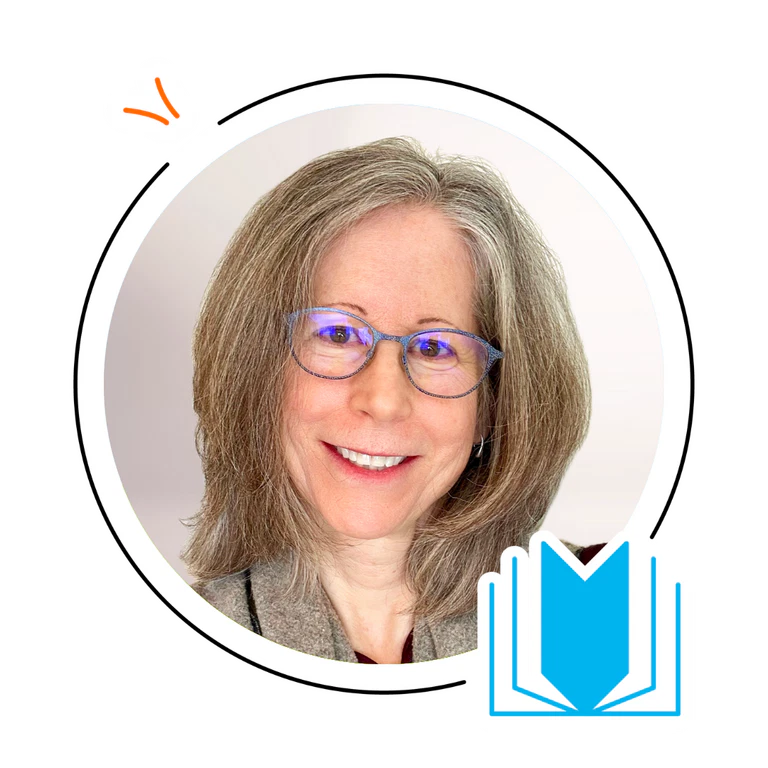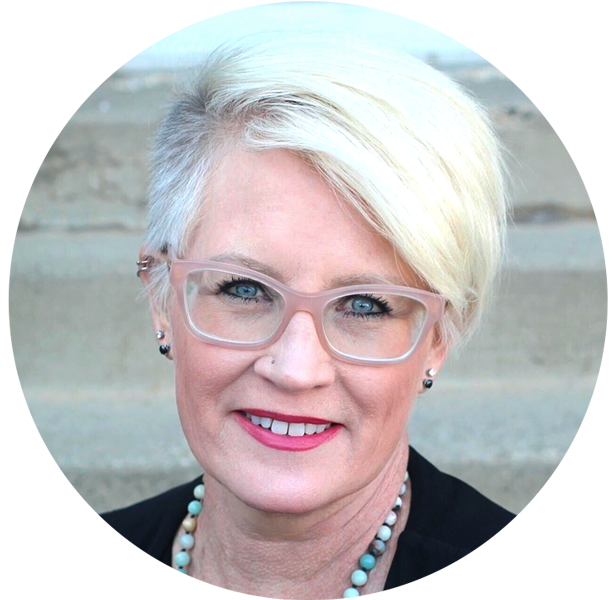Transcripts and additional resources:
Meet Our Guest(s):

Jane Ashby, Ph.D.
Dr. Ashby’s reading journey started 30 years ago. She pursued an Ed.M. at the Harvard Graduate School of Education, then taught adult learners who struggled with reading. This led her to deepen her instruction skills by studying the Orton-Gillingham approach at Massachusetts General Hospital. She supported teachers and students facing reading disorders in the Columbus area, then returned to school to study how readers get the words off the page during silent reading. She earned a doctorate in psychology from the University of Massachusetts, and in 2009, joined the Psychology Department at Central Michigan University, where her eye movement lab investigated the role of speech processes in silent reading. She coauthored the book Psychology of Reading (2012) as well as several papers examining the role of phonology in silent reading. During her sabbatical, Dr. Ashby supported teachers in Vermont who were developing more effective literacy practices. In her spare time, she enjoys reading and outdoor adventures.
Meet our host, Susan Lambert
Susan Lambert is the Chief Academic Officer of Elementary Humanities at Amplify, and the host of Science of Reading: The Podcast. Throughout her career, she has focused on creating high-quality learning environments using evidence-based practices. Lambert is a mom of four, a grandma of four, a world traveler, and a collector of stories.
As the host of Science of Reading: The Podcast, Lambert explores the increasing body of scientific research around how reading is best taught. As a former classroom teacher, administrator, and curriculum developer, Lambert is dedicated to turning theory into best practices that educators can put right to use in the classroom, and to showcasing national models of reading instruction excellence.

Quotes
“To store a vocabulary word, it's not enough to have the meaning. You have to have the entry for it, and the entry for it is the sound form of the word.”
“The greatest gift you can give a kid is letting them know that you see that they're special and that they have something unique that they bring to the world. But the second piece is really, can you help them become a confident, independent reader?”
“ The practitioner doesn't necessarily want to follow the latest research, because you don't know if the latest research is going to replicate or not. Is it going to hold up over time or not? If you always follow the latest research, you can find yourself zigzagging a lot in your practice.”
“There's a good 10 to 20 years of solid work that needs to be done just implementing what we already know from research, what is already the settled science.”


